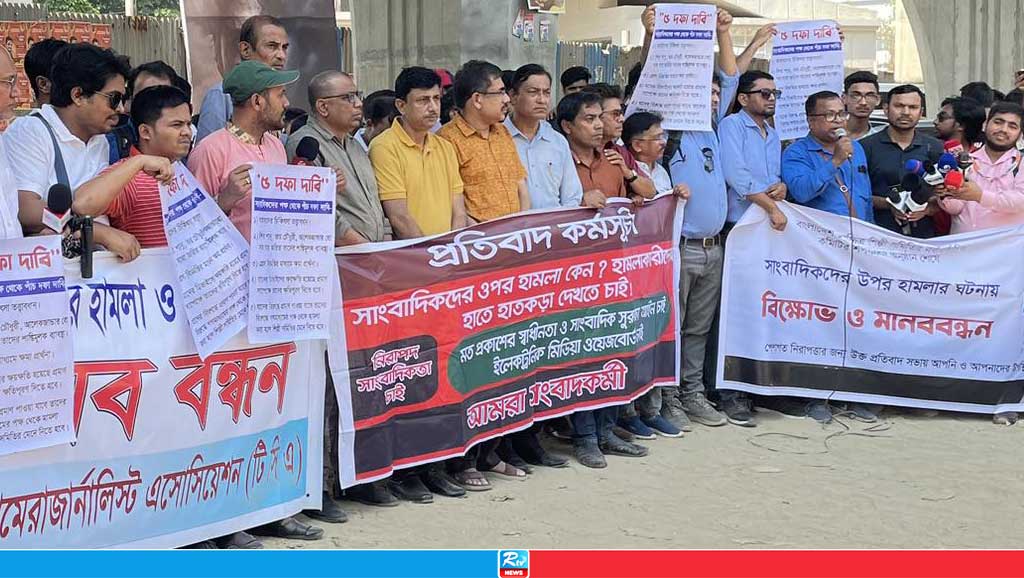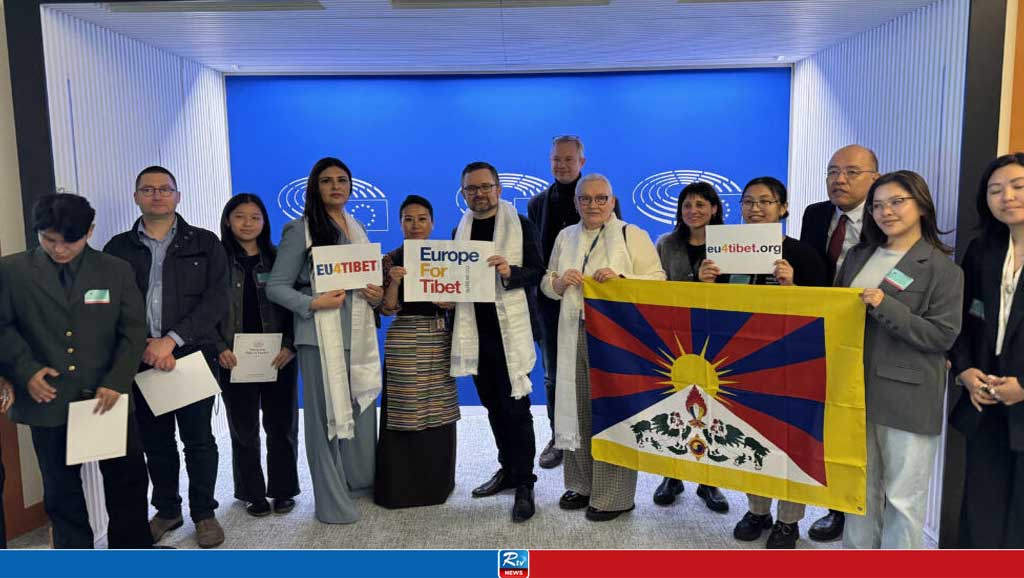Himalayan Climate Boot Camp taking science journalists to unchartered heights

Eight environment journalists from Nepal, India and Bangladesh will be part of an expedition to the Everest region to attend a climate change boot camp that will enable nuanced science reporting from the tough and under reported terrain.
The journalists –4 from Nepal and two each from India and Bangladesh – were chosen through a competitive call for application by the Nepal Forum of Science Journalists (NFSJ). The boot camp (from 20 to 28 April, 2022) is being funded by the Spark Grant Initiative of the World Federation of Science Journalists (WFSJ).
The eight journalists –BalikaMaden, Gobinda Prasad Pokharel, Marissa Taylor and SaugatBolakhe from Nepal; ArathiMenon and RaihanaMaqbool from India; and Sohara Mehroze Shachi and Zakir Hossain Chowdhury from Bangladesh – will get a first hand view of climate change and its impacts in the Everest region settlements aroundLukla, Monjo, Khumjung, Namche and Phakding. The bootcamp will be mentored by Indian science journalist SubhraPriyadarshini (Chief Editor, Nature India), Nepali environment journalist/Editor Ramesh Bhushal (The Third Pole) and Climate scientist Dr.SudeepThakuri (Associate Professor/ Dean, Faculty of Science and Engineering, Mid-western University, Surkhet, Nepal).
Science journalist Chhatra Karki, the team lead for the boot camp, says geographical remoteness of the Everest region and lack of resources in newsrooms have hampered field reportage on the impact of climate change in the Himalaya, including in the delicate Everest region. “The boot camp – to our knowledge, the first such – aims to enable journalists in the region to literally scale these heights to bring back untold stories.”
The tough terrain also hinders scientific research in the region resulting in scant primary literature. This meagre yet critical climate science research largely remains buried in technical manuscripts published in science journals due to lack of popular communication on part of the scientific community or journalists’ limited understanding of scientific jargon. “The boot camp will be a great opportunity for the participating journalists to include nuanced evidence in their reportage – both from the field and from the ongoing scientific inquiry in the region,” says Priyadarshini, also the founding president of the Science Journalists Association of India (SJAI).
“This project is very interesting as, while being original, it is coming from a region that is sometimes forgotten when talking about science journalism needs,” says Olivier Dessibourg, chairperson of the Spark Grant Initiative of the WFSJ and president of its jury.
Climate change induced snow melts, glacial lakes outbursts and unseasonal floods, emissions from man-made interventions, and poor energy and water availability affect the lives of people not only in Nepal but also across the Hind Kush Himalayan region spanning
Eight countries. This inaugural boot camp will focus on the three countries in the basin of river Koshi – Nepal, India and Bangladesh.
At the week-long intensive boot camp, journalists willget a chance to talk aboutcommon issues around climate change facing Asia and potentially forge reporting collaborations. The camp will facilitate open interactions among participants, trainers, scientists, academics, NGOs and policy makers to create an experiential learning and critical thinking atmosphere, the results of which will hopefully continue to be seen long after the camp is over. In-depth field reporting from the Everest region will provide better insights to governments and policymakers to formulate evidence-based climate policies.
The Nepal Forum of Science Journalists (NFSJ) is a Kathmandu-based non-profit body of science journalists working in Nepal’s news agencies, newspapers, television and online media. It aims to build capacity of journalists covering science, technology, health, environment, agriculture, astronomy and other related fields in Nepal.
The World Federation of Science Journalists is a not-for-profit, non-governmental organization, representing 67 science journalists’ associations and 10,000 individual science and technology journalists from around the world. The WFSJ encourages strong, critical coverage of issues in science and technology, the environment, health and medicine, agriculture, and related fields.
The Spark Grant Initiative (SGI), run under the auspices of the World Federation of Science Journalists (WFSJ), launched and funded by five science journalists’ associations in Europe and the United States, grantedthree projectsfrom South America, Africa and Asia 20,000 US$, the first results of which will be presented at the next World Conference of Science Journalists (WCSJ), in Medellin, Colombia, in late June 2022.
Source: Press release
AH
Comments
Japan's yen dips to 34-year low against US dollar

Decoding China’s Neo-Colonist practices in Africa
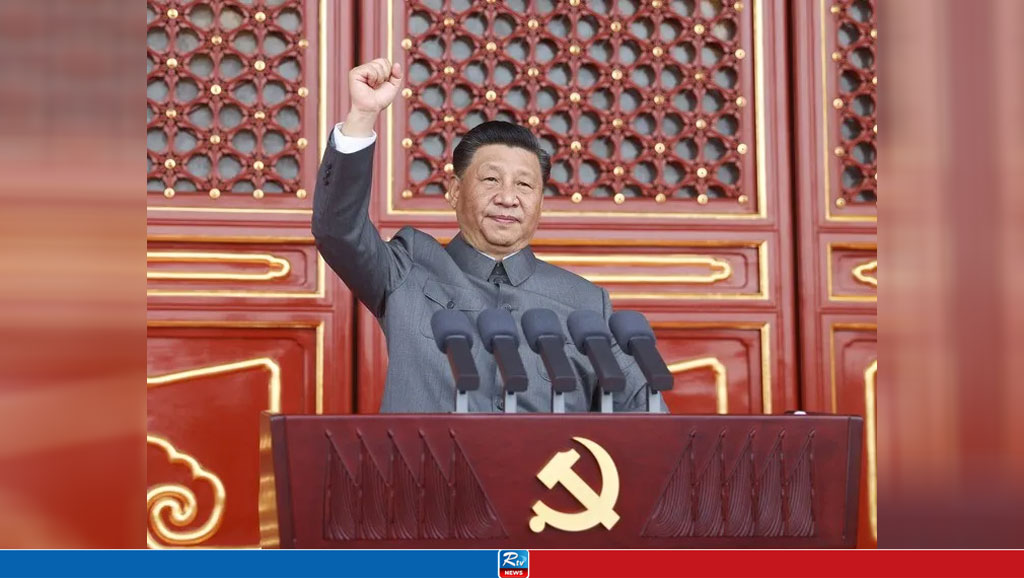
Jacob Zuma barred from running in election
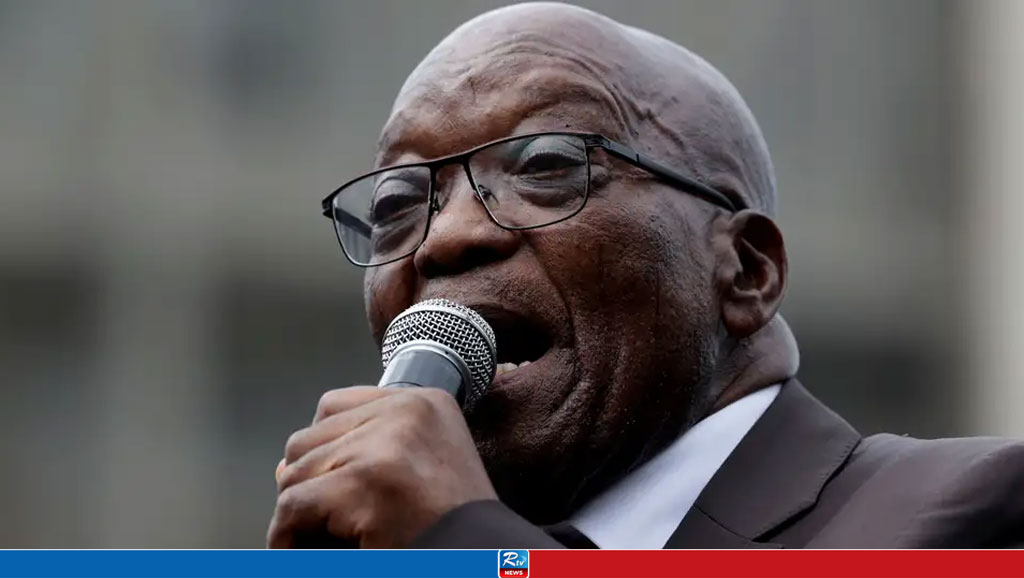
45 dead in South Africa bus crash, 8-year-old girl only survivor
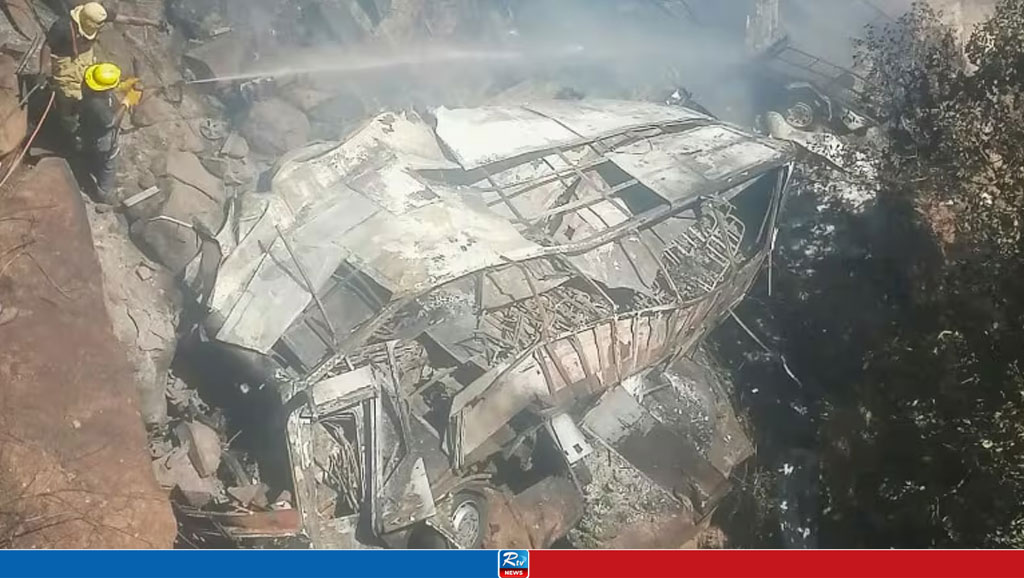
World's most expensive cow sold for $4.3 million in Brazil
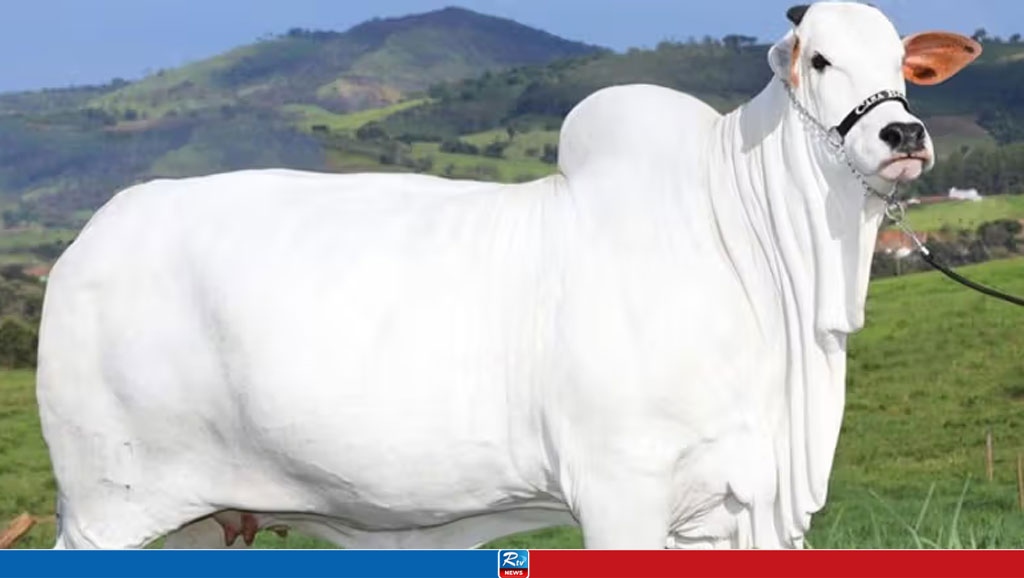
Turkey: Polls close in Erdogan's 'last election'

Italy is overtaking Germany as Europe's economic powerhouse
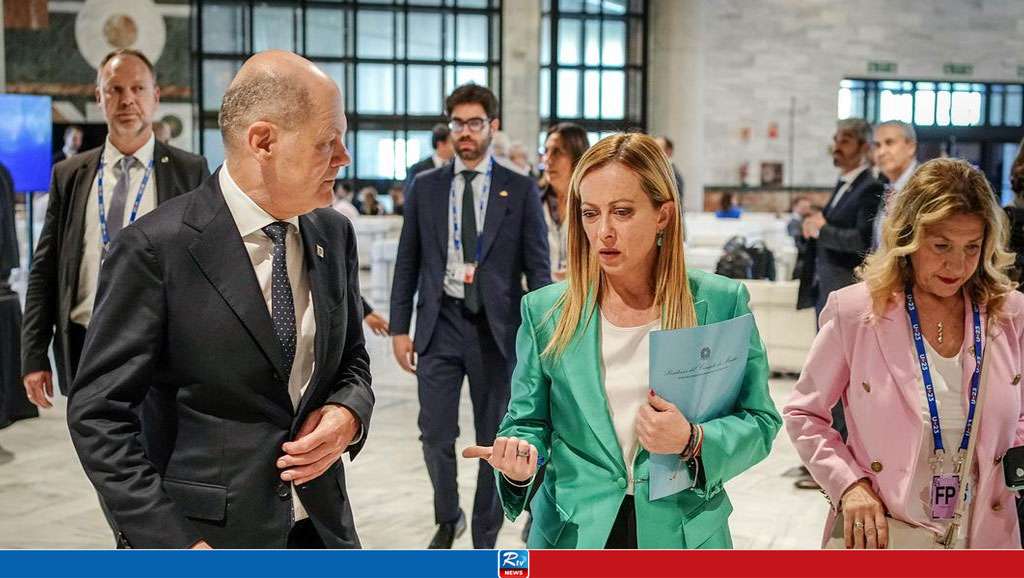

 Live Tv
Live Tv

